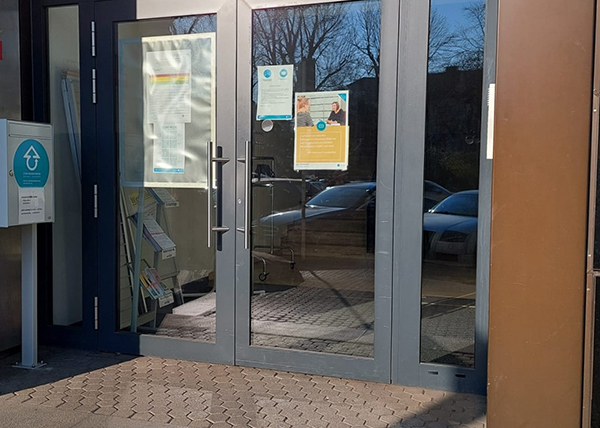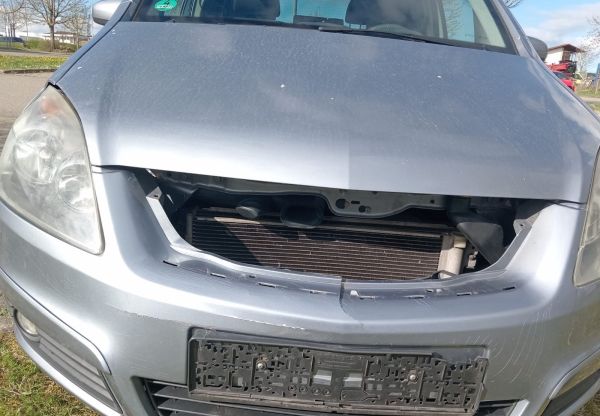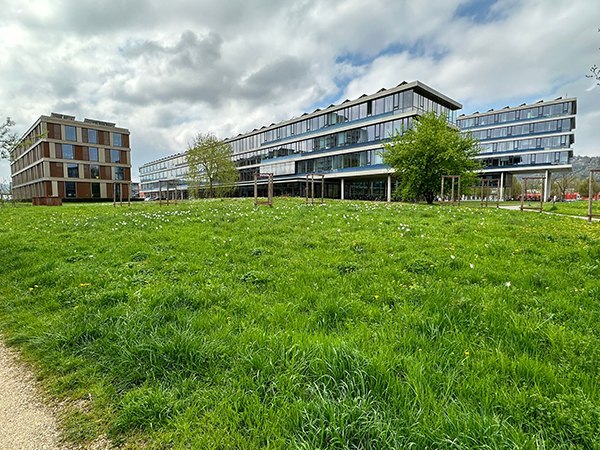Money from the state is not only available for German students: Refugees who have the prospect of remaining in Germany can also apply for benefits under the Federal Training Assistance Act, or BAföG for short. This applies, for example, to recognized persons entitled to asylum , but also to people who live in Germany in accordance with §24 of the Residence Act – i.e. also to students who fled to Germany to escape the war in Ukraine. The Bafög maximum rate for students under 25 years of age is 812 euros per month. The application is submitted to the student union of the respective university, but it is also possible to apply for BAföG digitally. However, the money is not free: Half of the BAföG amount is a grant. However, the other half must be paid back after completion of the studies.
https://www.bafög.de/bafoeg/de/das-bafoeg-alle-infos-auf-einen-blick/_documents/bafoeg-auch-ohne-deutschen-pass.html
Money from the state for studying is only available if a whole series of requirements are met. First of all, BAföG is only paid for studies in Germany – so anyone enrolled at a Ukrainian university cannot apply for benefits. Also, only full-time education is funded. Those who start studying must not be older than 44 years. The application must be submitted in the month in which the studies begin, because there are no retroactive payments. As a rule, money is only available for the duration of the standard period of study. Students are also only funded up to their first degree – but support is provided for follow-up studies, for example, if the course is a master’s degree that builds on the bachelor’s degree. After the intermediate examination or the fourth semester, proof of success must be submitted to the Office for Educational Support (BAföG Office) so that the money continues to flow. Students who change their field of study will only continue to receive funding in exceptional cases. The so-called Auslands-BAföG also supports an internship abroad or a semester abroad. If students are no longer insured with their parents, there is also a subsidy for health and nursing care insurance.
BAföG is intended only for those who cannot finance their education themselves. The amount of BaföG payments thus depends on the income and assets of the student and the income of the parents or spouse. Students may not earn more than 6,240 euros in one year (two semesters). Up to the age of 29, the asset limit is 15,000 euros; from the age of 30, it may be 45,000 euros. Therefore, when applying for BAföG, it is first checked whether parents, life partners or spouses would be obliged to pay for the studies. Only if these earn too little, there is state support – under certain circumstances also less than the maximum rate. For this reason, the income of parents and spouse must also be stated in the BAföG application and the tax assessment for the calendar year before last must be submitted. Child benefit is not counted as income in this context.
From the winter semester 2022/2023, the BAföG maximum rate (basic need and need for accommodation) for students who do not live with their parents is 812 euros per month up to the age of 25, 934 euros per month from 25 to 29, and a maximum of 1,018 euros per month from the age of 30. Repayment of the loan must begin five years after the end of studies. The maximum amount is 10,010 euros, regardless of how high the BAföG payments were. As a rule, the installments amount to 130 euros per month. However, you do not have to pay until you earn more than 1605 euros per month.
https://www.studentenwerke.de/de/content/voraussetzungen-f%C3%BCr-baf%C3%B6g
https://www.finanztip.de/bafoeg/
tun22100602
Förderung für Studierende aus dem Ausland. Foto: tünews INTERNATIONAL / Scheyda Karasu.




